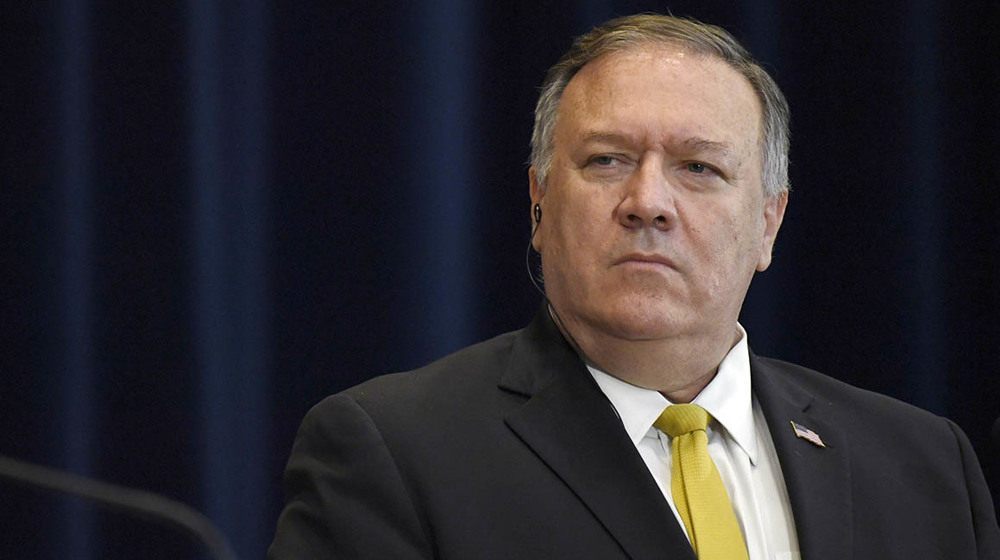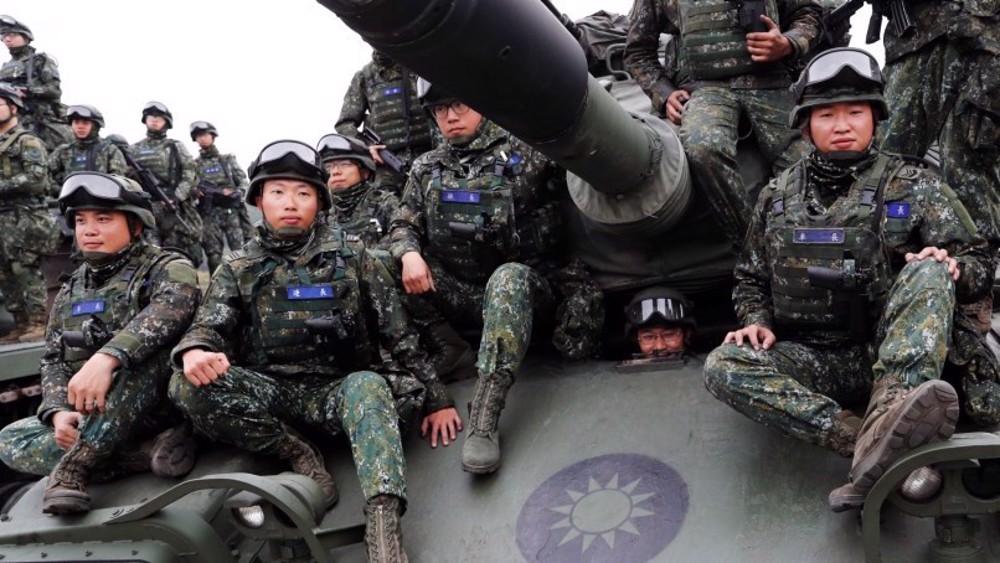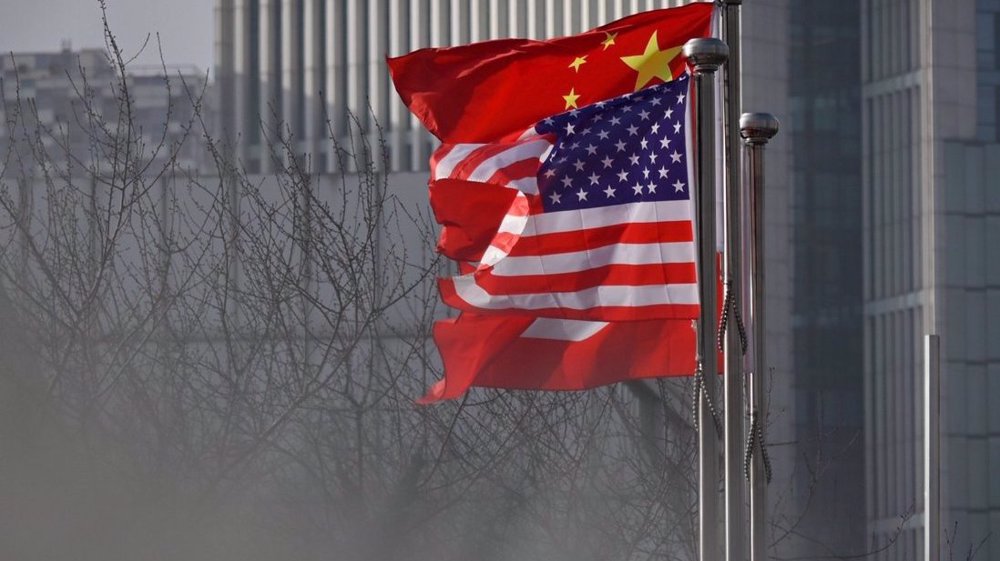US ends decades-old restrictions on diplomatic ties with Taiwan
The United States has lifted decades-old restrictions on contacts with Taiwan, in a last-ditch effort to further challenge China’s sovereignty over the self-ruled island, during the final days of Donald Trump’s presidency.
US Secretary of State Mike Pompeo announced the decision on Saturday, saying that the "self-imposed" bans had been taken "unilaterally" by Washington to "appease the Communist regime in Beijing."
“For several decades the State Department has created complex internal restrictions to regulate our diplomats, service members, and other officials’ interactions with their Taiwanese counterparts,” Pompeo said. “No more.”
“The US-Taiwan relationship need not, and should not, be shackled by self-imposed restrictions of our permanent bureaucracy,” Pompeo said.
He called on executive branch agencies to consider all “contact guidelines” concerning relations with Taipei.
China has repeatedly warned Washington against interfering in Taiwan, over which Beijing has sovereignty.
Under the “One China” policy, almost all world countries including the US recognize China’s sovereignty over Taipei.
Under that policy, countries are not allowed to have formal relations with Taiwan. But the Trump administration has constantly supported the island's secessionist president Tsai Ing-wen and provided her government with weapons over the past years.
Taiwan welcomed the move by Washington, saying that it was grateful to Pompeo for “lifting restrictions unnecessarily limiting our engagements.”
“The closer partnership between Taiwan and the US is firmly based on our shared values, common interests and unshakeable belief in freedom and democracy,” said Taiwanese minister of foreign affairs Joseph Wu.
The latest development comes just two days after China sent a stern warning to Washington over plans to send its United Nations ambassador, Kelly Craft, to Taiwan on Wednesday.
"The United States will pay a heavy price for its wrong action," the Chinese mission to the UN said.
The US said earlier that Craft's visit, which Taipei has officially welcomed, would "reinforce the US government's strong and ongoing support for Taiwan's international space."
Back in September, the US sent Undersecretary for Economic Affairs Keith Krach to Taiwan, despite warnings from Beijing.
The visit was the second highest-level by a US official to the island. In August, US Secretary of Health and Human Services (HHS) Alex Azar visited Taiwan.
China considers the self-ruled island as a breakaway province that should be reunited with the mainland.
Although Washington has had no formal relations with Taipei, it is the island’s largest weapons supplier and an avid backer of Taiwan’s secessionist president.
The Trump administration has stepped up military support for Taiwan in recent years through increased arms sales and is now pushing the sale of seven large packages of weapons to the island.
‘All wars have rules. All of those rules have been broken’ by Israel
VIDEO | Report flags India’s violation of rights of Rohingya detainees
Turkey's foreign minister meets Syria's de facto leader in Damascus
'Next to impossible' to rescue patients from Gaza's Kamal Adwan Hospital: Director
VIDEO | Vietnam current prosperity
Report blames gasoil exports for shortage at Iranian power plants
VIDEO | Hind Rajab Foundation names Israeli war criminals vacationing after Gaza genocide
VIDEO | Australians rally for Gaza ahead of Christmas festivities















 This makes it easy to access the Press TV website
This makes it easy to access the Press TV website